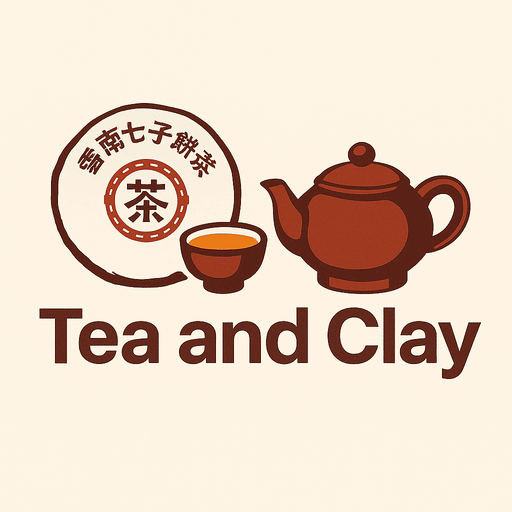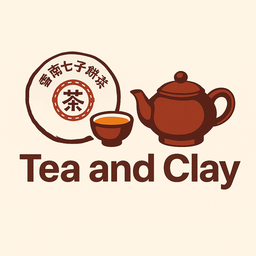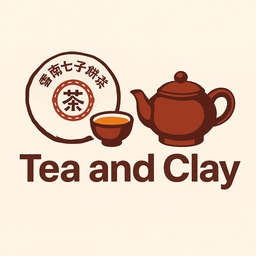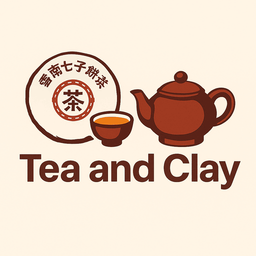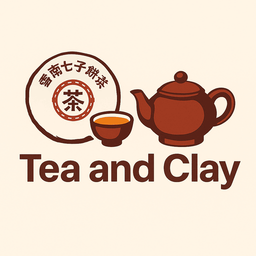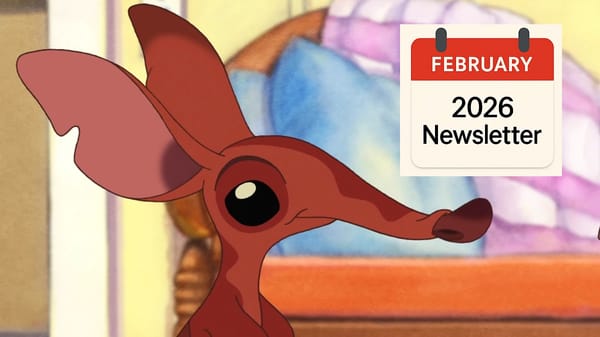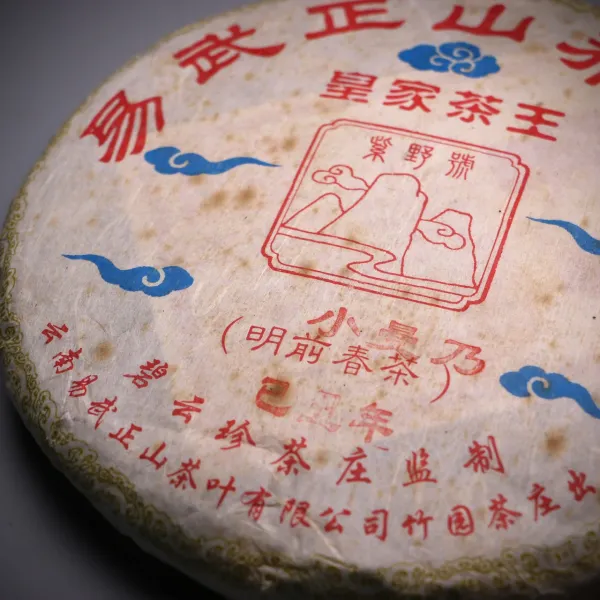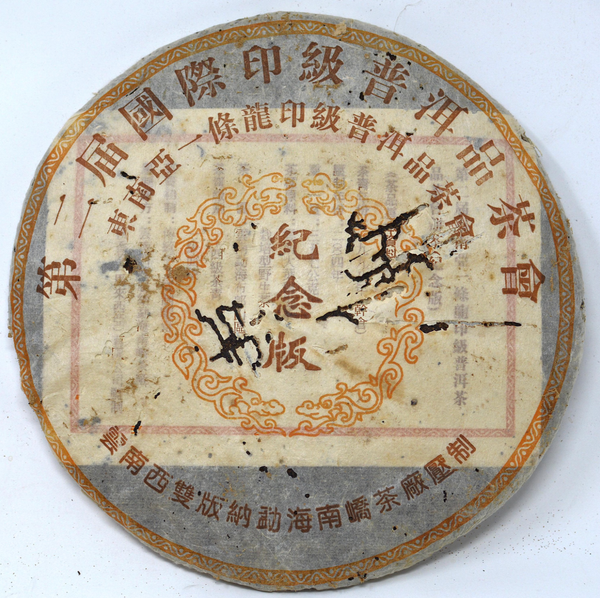Uni-tea
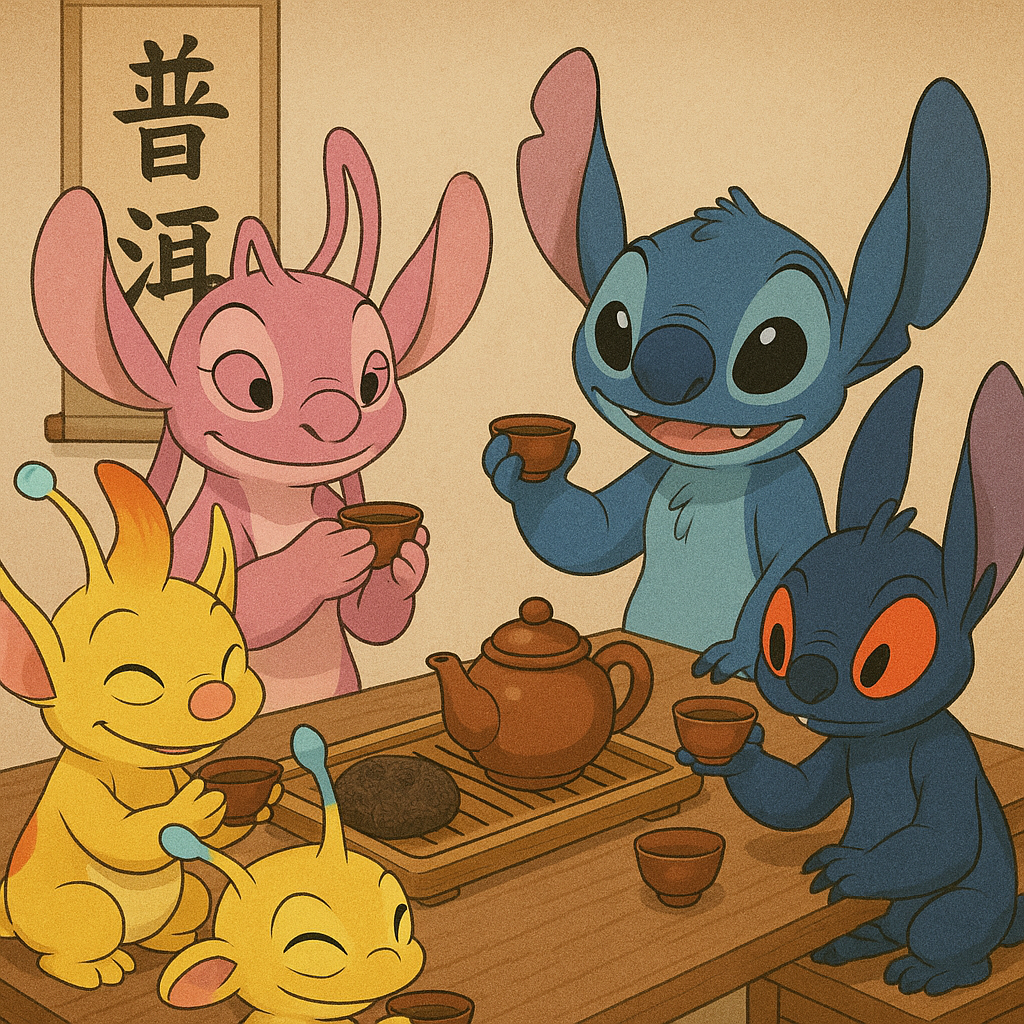
I think this article should be brief. I actually wrote the article on Canon (see at the bottom) first and had it titled Uni-tea, but ended up deciding it was worthy to be it's own topic and took this a different direction.
You can read that article afterward, but I'm going to endeavor to keep this one very short and simple. The other two value articles are a bit longer, they are also linked below.
If the articles on Canon and Opportunity address egos and knowledge sharing, and the article on Community addresses how awesome the good parts of the community are, let's focus this one on the ramifications we all face when it isn't done so well.
Every time we divide, there are consequences.
People get left out, friends never meet or get separated, deals go undone, knowledge gets siloed or lost, and a bunch of other negative things happen.
Some personalities will just never mesh, they will always clash.
Some personalities are far more prone to clashing more often than others.
Isn't it beautiful though when we all get along?
Sure, I realize that's a fanciful remark that will no doubt have some of you scoff or chortle at, but I would kindly suggest that if that's your reaction, this may be an issue for you.
To echo a sentiment from another article: What good is all the best tea in the world if it's just you hoarding it all in the corner like Scrooge McDuck?
One way to end up there is physically hedging around everything worth sharing.
Another, is to emotionally alienate everyone around you, whether by choosing isolation or just by being an ass.
When we divide, we lose. Let me make it a bit more personal though:
When you divide, you lose.
Aren't the best parts of being in the tea community always stemming from the people? Aren't they (we (you)) what make it up?
If you don't believe that or agree with that, I just really have nothing for you. Maybe you'll find value in the academic side of the blog and the server but...idk man, sorta out of ideas for you, nothing really to say.
Unity is about banding together, supporting each other, encouraging instead of discouraging. We should aim to build each other up, not tear each other down.
There are people in this world that have genuinely scummy or malicious intent, like buying crappy auction teas in "generic looking wrappers" at low prices to rename and play pretend with on recorded tastings to sell them at 5x.
Those people sort of deserve you being an ass...I just might go about the dissemination of that information tastefully. Honestly, I have not done the best job of that myself, and I should be better about it. I do think you're doing a community service by preventing inexperienced folks from falling into the dens of vipers.
Everyone else though, many times they just want to be curious and friendly. Sure, there's some people that want to stir the pot and incite arguments...maybe if you're one of those you could consider how others feel and try to keep the pot stirring to the level of a pinch of spice instead of smothering the whole dish in pepper.
I said this would be short, and I think you get the idea. So next time you have a hot take, please share it, just maybe let it cool down for a couple minutes first 😄
P.S.
If you haven't yet, be sure to check out the other posts in the "Values" series:
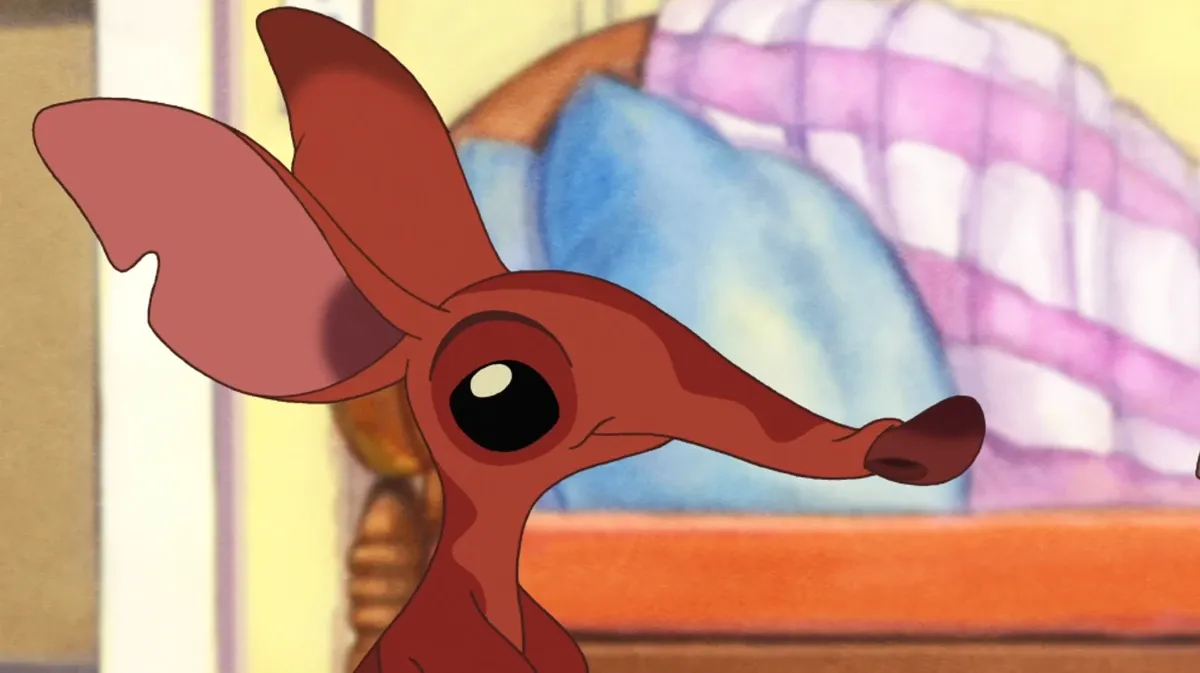
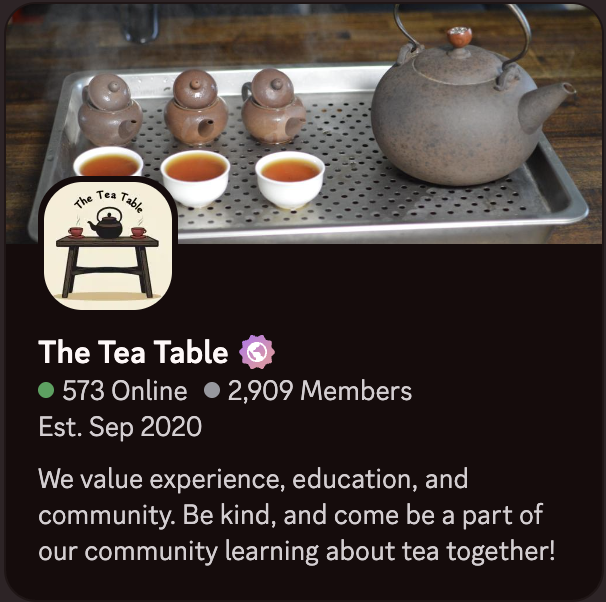

If you're looking for the article on Canon, that would be here:

